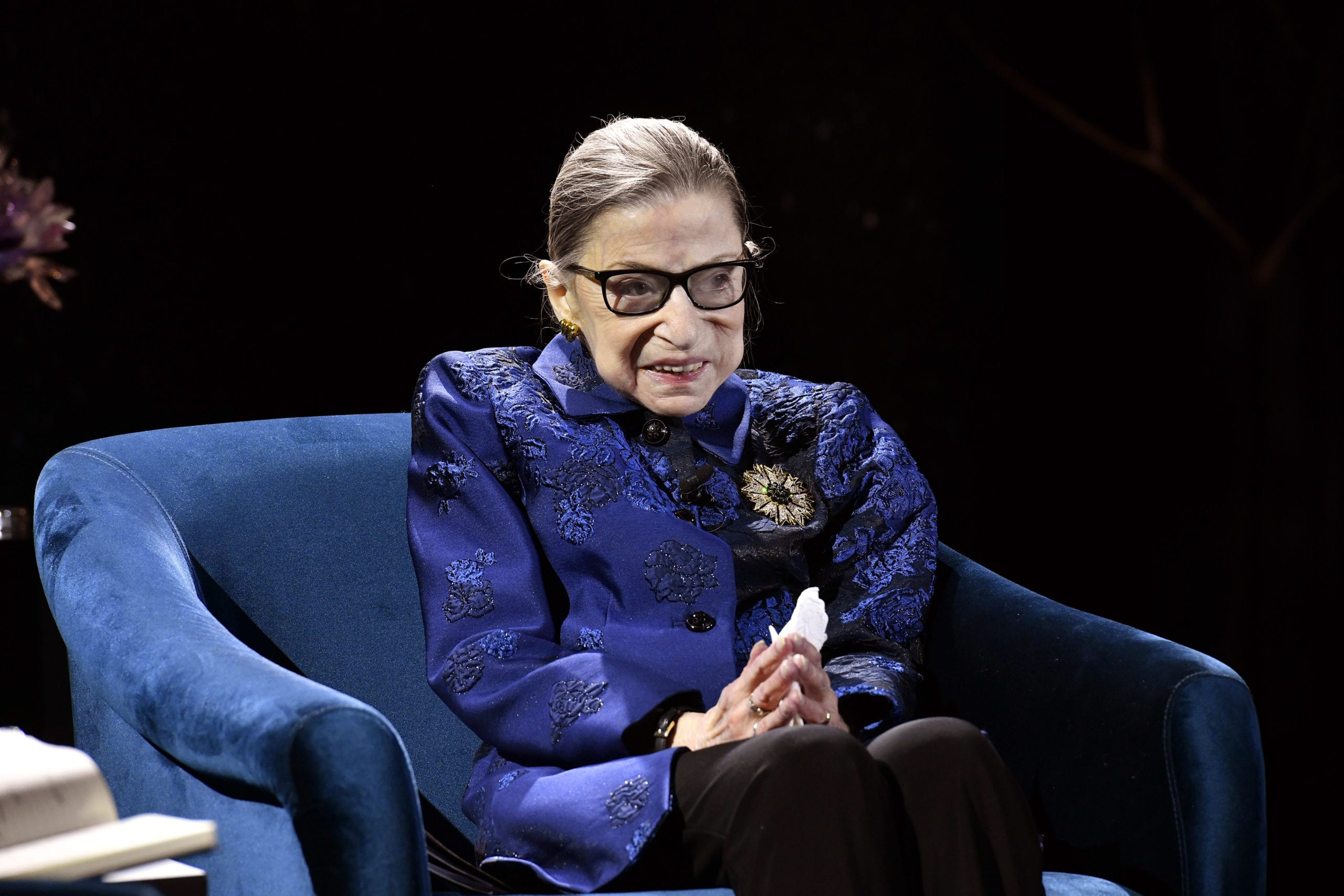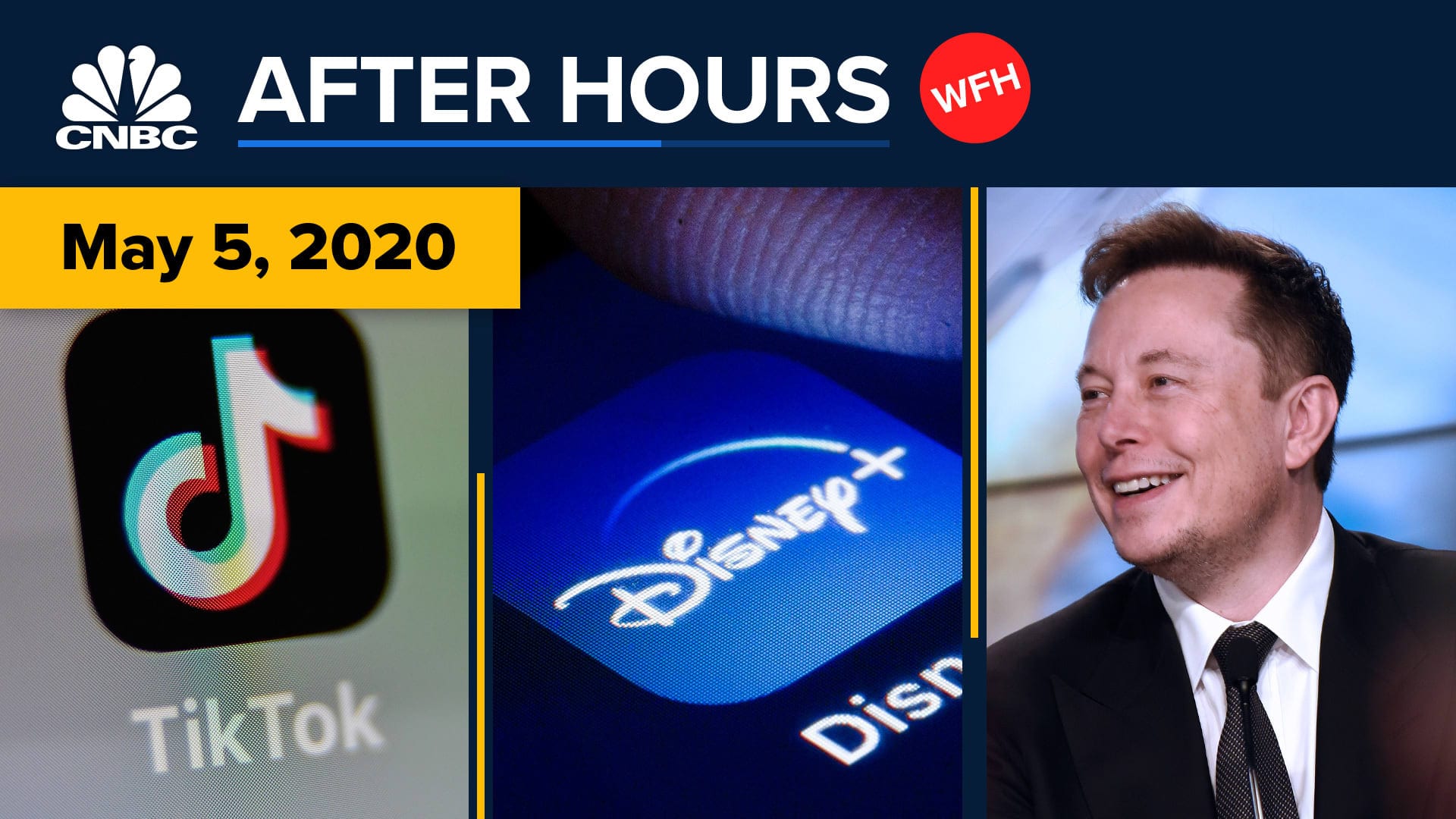[ad_1]
When Alphabet reported its first quarter earnings of 2020 Tuesday, investors expected the worst, given Covid-19’s grim ripple effect on the advertising and travel industries as well as the company’s own budget cuts.
What they got, however, were some assurances that the economic effects of the coronavirus pandemic may not be as bad as they feared. That sparked a sharp rise in the stock after hours, rising to a peak of nearly 10%.
The company reported earnings of $9.87 per share and revenue $41.16 billion on Tuesday — a miss on earnings and a beat on revenue, based on expectations from analysts summarized by Refinitiv. Investors seemed relieved with revenue growth of 13% from the previous year, sending the stock up about 3% as the release crossed.
But the stock really started to soar during Q&A portion of the company’s conference call where CEO Sundar Pichai and CFO Ruth Porat gave some more color on the quarter and the first two weeks of Q2.
While the outlook wasn’t all rosy, as executives promised a “difficult” quarter ahead, here’s the good news they shared.
March may have been the worst of it. Porat admitted there was a “abrupt” drop-off in ad revenues in March, but suggested things were not getting worse in April.
“Based on our estimates from the end of March through last week for Search, we haven’t seen further deterioration in the percentage of year-on-year revenue declines.”
At another point, she said that “we’re seeing some early signs at this point that users are returning to more commercial behavior,” even while cautioning “it’s not clear how durable or monetizable that will be.”
YouTube direct response ads stayed strong throughout the quarter. YouTube advertising revenues were $4.04 billion, up 33% year on year. Execs said that strong YouTube revenue growth persisted until mid-March, which was when the coronavirus officially became a global pandemic.
However, Porat noted a split in performance between brand advertising versus direct response advertising (which is meant to spur viewers to take a specific action, like visiting a web site or making a purchase). While brand advertising slowed down, direct response ads “continued to have substantial year-on-year growth throughout the entire quarter.”
Sheltering in place is driving massive engagement online. Pichai said that people are heavily relying on Google services as stay-home restrictions change people’s behavior. Coronavirus search activity was massive, peaking at four-times the maximum activity during the Super Bowl, he said. Anrdoid app downloads 30% rise from February to March, and YouTube watch time “significantly increased.” He also said that 100 million students and educators are now using Google Classroom, which was double the number from the beginning of March.
Search is expected to recover quickly. Pichai also noted that search advertising is driven much more directly by return-on-investment than other forms of advertising, as advertisers can see exactly what kind of results they’re getting and adjust quickly. As the 2008 recession showed, when the economy comes back, search spending should recover quickly.
“It’s an extraordinarily effective system,” he said. “It’s a transparent system. You have a very clear sense of ROI. It’s very measurable, highly cost-effective. And so we have always seen in these orders in 2008 as well, people respond in the short-term but the recovery is also fast when it comes back.”
The company has a grip on costs. Executives on the call promised to slow headcount and decrease capital expenditures. Overall capex will see a “modest decrease” in 2020 as the company reduces global office space and slows the pace at which it buys office building and delays ground-up construction, Porat said. She also said the company has adjusted its headcount expectations, which the company had previously planned to grow by 20%. That deceleration would show by the third quarter, she added.
Porat also confirmed CNBC’s earlier report that the company would be cutting back on some marketing budgets. “As it relates to the marketing component, namely ads and promo spend, we did reduce it relative to our plans in the beginning of the year….and with physical events cancelled for much of the year, marketing spend is also reduced.”
Buybacks continue apace. Porat also noted that the company’s share buybacks would continue as planned, which should help the stock price by boosting earnings per share. “At the beginning of the year, I indicated that we expected to repurchase shares at a pace at least consistent with the fourth quarter on the remaining authorization, and that remains our view for the second quarter,” she said.
(Executive quotes transcribed via FactSet.)

















